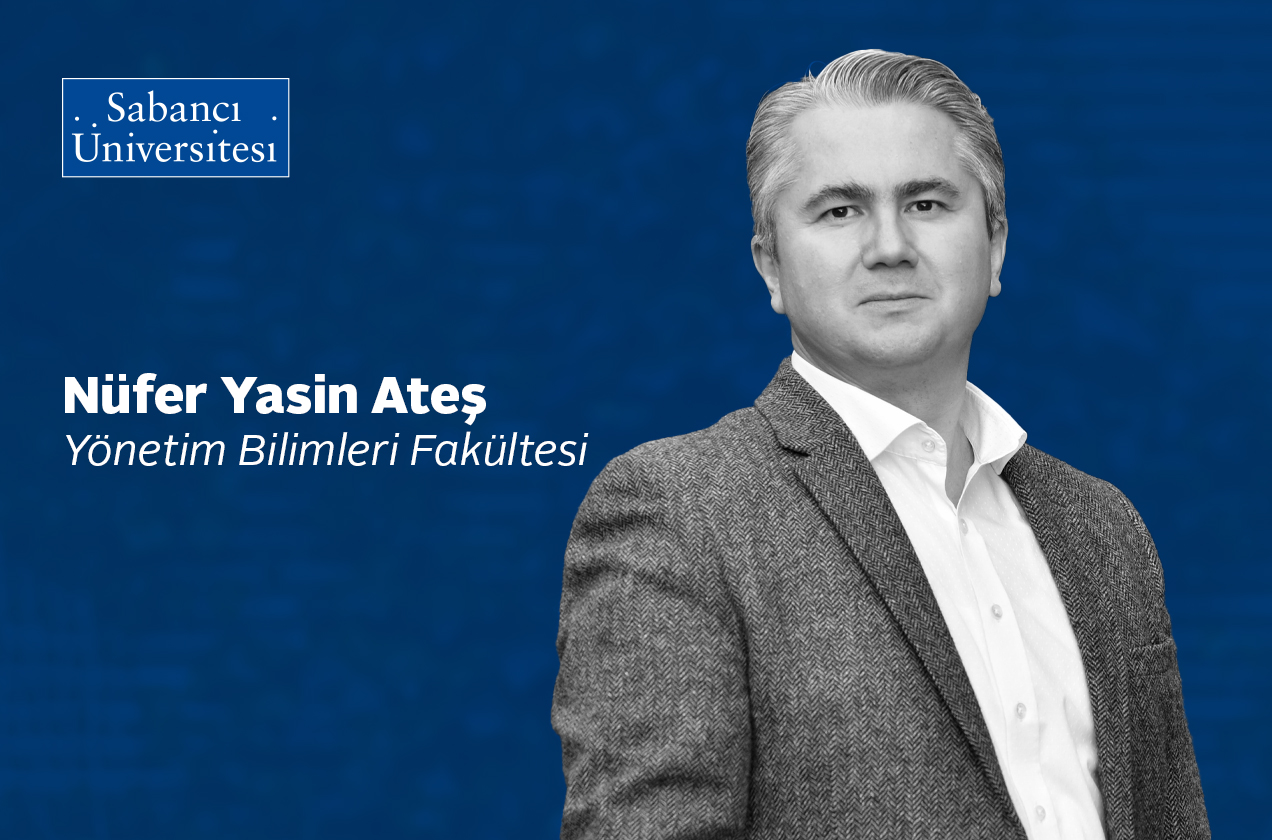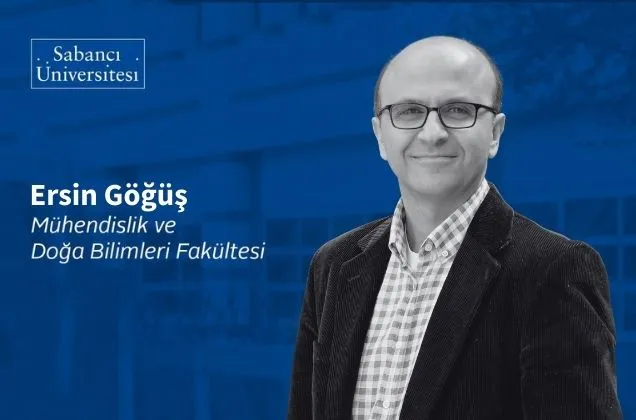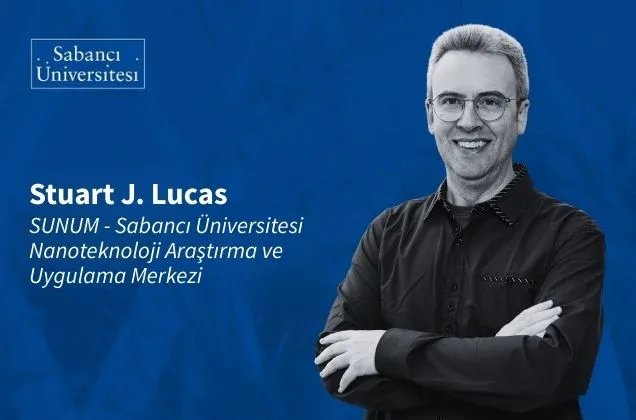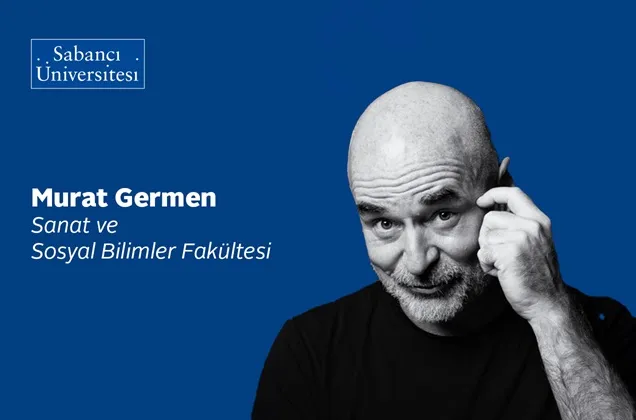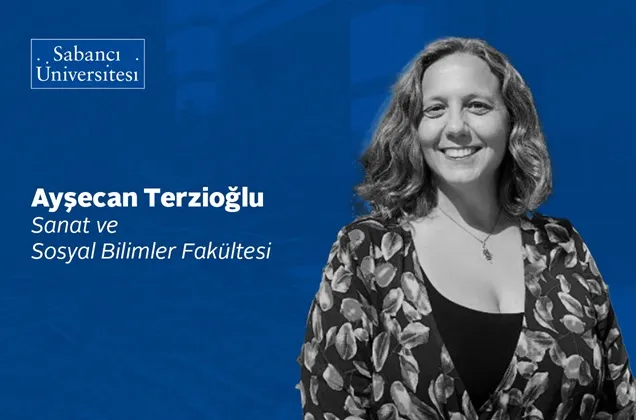24/11/2025
From Safe Waters to Choppy Seas: Decision Making Under Extreme Uncertainty
“The reasonable man adapts himself to the world; the unreasonable one persists in trying to adapt the world to himself. Therefore, all progress depends on the unreasonable man.” – George Bernard Shaw
“The future is open. It is not predetermined. No one can predict it - except by accident.” – Karl Popper
The paper, co-authored by Nüfer Yasin Ateş of Sabancı Business School, Rasim Serdar Kurdoğlu of Bilkent University, and Daniel A. Lerner of IE Business School, opens with these two striking quotes. The article examines decision-making processes under extreme uncertainty and how these processes function, particularly in the context of entrepreneurship.
In a period of challenging economic conditions and increasing political uncertainty, long-term planning becomes increasingly difficult. People are now increasingly turning to short-term decisions. This leaves us with two mindsets: those who say, "Let me start somewhere, then the rest will follow," and those who say, "I shouldn't rush, I should make careful decisions." The research shows that those in the first group—those who make quick decisions and take action—adapt more easily to environments of uncertainty. In a world where uncertainty has become the new normal, this adaptability is invaluable. In a highly volatile country like Türkiye, these findings become even more significant.
When Facing Uncertainty: Should You Trust Data or Intuition?
Consider forest fires. We're no strangers to this disaster; fires in Türkiye increased by 78 percent in 2024 compared to the previous year. But what should we do when faced with a disaster of unprecedented magnitude? Should we analyze the available data and conduct thorough assessments, or should we trust our intuition and quickly develop new solutions?
A similar dilemma can arise in the business world. Let's say you're starting your own business and have a problem to solve. But this problem is unlike anything you've experienced before—it involves a completely different market or a brand-new technology. How do you proceed in this situation? Do you make grounded, cautious decisions, or do you trust your instincts and try new paths and solutions, even if the outcome is uncertain?
Two Different Paths: Eristic or Heuristic?
Research highlights two distinct decision-making styles: eristic and heuristic. In eristic processes, decisions are made largely on impulse, without much thought or even considering the consequences. Heuristic decisions, on the other hand, are based on more conscious reasoning; available clues are evaluated, potential outcomes are weighed, and decisions are made accordingly.
So, which is more effective in an environment of uncertainty? According to the research, entrepreneurs who make eristic decisions adapt more quickly and effectively, especially in unpredictable situations. This is because they can experiment with their ideas without being fixated on data and are more open to trying new solutions. This type of flexibility can be a significant advantage in environments characterized by extreme uncertainty.
The "Just Do It" Culture: Taking Action Rather Than Deciding
Another advantage of eristic decision-making processes in entrepreneurship is that they allow for action rather than deliberation. The average person is thought to make 35,000 decisions a day. But how many of these are actually implemented?
Messages like "follow your passion," "start now," and "don't wait, do it", frequently encountered on social media, also support this action-oriented approach. "Just Do It," born from the words of a death row inmate and considered one of the world's best slogans, says exactly this: Don't think too much, just get started. We frequently encounter similar phrases in entrepreneurship literature:
• Do what excites you most.
• Don't wait, just start.
• Fortune favors the brave.
These sayings emphasize the courage of action over indecision—especially in a world fraught with uncertainty.
Emotional or Courageous? The Source of Eristic Decisions
Eristic decisions are often driven by biological or cultural factors such as passion, pleasure-seeking, self-confidence, and sometimes even attention deficit. Therefore, from the outside, they may appear hasty or emotional. However, these decisions derive their true power from the motivation they provide to take action.
Following your passion may result in short-term failure, but in the long run, it can open the door to entrepreneurial success. Furthermore, a person feels more fulfilled and more courageous when doing something they love.
Passion is as Important as Data
Ultimately, the impact of emotions on decision-making shouldn't be overlooked. Eristic decisions are often shaped by strong emotions—love, hate, passion, or commitment. These emotions can bind the decision-maker tightly to an idea or project. When entrepreneurs act on these intense motivations, they become more likely to seek new paths rather than retreat in the face of uncertainty. Investors are now looking not only at data but also at the entrepreneur's passion and dedication.
"Brain rot" (mental burnout), chosen by the Oxford Dictionary as the word of the year for 2023, describes the bombardment of meaningless content on social media. However, what makes the difference isn't just scrolling, but taking action. In an age where civil servants and traditional white-collar jobs are losing their meaning and entrepreneurship is gaining prominence, those who can leave stagnation behind and take action even amidst uncertainty will be the ones who write the rules of the new world.
Key findings
• In situations of extreme uncertainty, eristic, not heuristic, decisions offer more effective adaptation.
• Eristic decisions stand out with the "act rather than wait and think" approach.
• In entrepreneurship, such decisions are especially advantageous in unpredictable situations.
• Those who take action instead of waiting for the best time increase their chances of achieving their dreams.
Kurdoglu, Rasim Serdar and Ateş, Nüfer Yasin and Lerner, Daniel A. (2023) Decision-making under extreme uncertainty: eristic rather than heuristic. International Journal of Entrepreneurial Behaviour and Research, 29 (3). ISSN 1355-2554 (Print) 1758-6534 (Online)
